Pricing & Availability
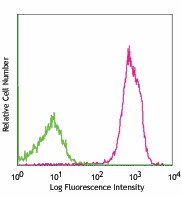
C57BL/6 splenocytes stained with M1/42 FITC
Compare all formats
See FITC spectral data
Technical Data Sheet (pdf)
- Clone
- M1/42 (See other available formats)
- Regulatory Status
- RUO
- Other Names
- Mouse major histocompatibility complex (MHC) H-2
- Isotype
- Rat IgG2a, κ
- Ave. Rating
- Submit a Review
- Product Citations
- publications

-

C57BL/6 splenocytes stained with M1/42 FITC
| Cat # | Size | Price | Quantity Check Availability | Save | ||
|---|---|---|---|---|---|---|
| 125507 | 25 µg | 76€ | ||||
| 125508 | 100 µg | 175€ | ||||
Description
The M1/42 antibody reacts with the H-2 MHC class I alloantigens expressed on nucleated cells from mice of the a, b, d, j, k, s, and u haplotypes (Stallcup, KC et al, 1981). MHC class I is involved in antigen presentation to T cells expressing CD3/TCR and CD8 proteins.
Product DetailsProduct Details
- Verified Reactivity
- Mouse
- Antibody Type
- Monoclonal
- Host Species
- Rat
- Immunogen
- C57BL/10 spleen cells
- Formulation
- Phosphate-buffered solution, pH 7.2, containing 0.09% sodium azide.
- Preparation
- The antibody was purified by affinity chromatography, and conjugated with FITC under optimal conditions.
- Concentration
- 0.5 mg/ml
- Storage & Handling
- The antibody solution should be stored undiluted between 2°C and 8°C, and protected from prolonged exposure to light. Do not freeze.
- Application
-
FC - Quality tested
- Recommended Usage
- Each lot of this antibody is quality control tested by immunofluorescent staining with flow cytometric analysis. For flow cytometric staining, the suggested use of this reagent is ≤0.25 µg per million cells in 100 µl volume. It is recommended that the reagent be titrated for optimal performance for each application.
- Excitation Laser
-
Blue Laser (488 nm)
- Application References
-
- Stallcup KC, et al. 1981 J. Immunol. 127:923
- Product Citations
-
- RRID
-
AB_1236475 (BioLegend Cat. No. 125507)
AB_1236470 (BioLegend Cat. No. 125508)
Antigen Details
- Structure
- 45kd heavy chain non-covalently associated with 12 kd beta-2 microglobulin
- Distribution
- All nucleated cells
- Function
- Present antigenic peptide to CD8+ cytotoxic T cells
- Ligand/Receptor
- MHC/peptide
- Biology Area
- Immunology
- Molecular Family
- MHC Antigens
- Antigen References
-
1. Stallcup KC, et al. 1981. J. Immunol. 127:923
- Gene ID
- 111364 View all products for this Gene ID
- UniProt
- View information about H-2 on UniProt.org
Related Pages & Pathways
Pages
Related FAQs
Other Formats
View All H-2 Reagents Request Custom Conjugation| Description | Clone | Applications |
|---|---|---|
| Purified anti-mouse H-2 | M1/42 | FC,IP |
| PE anti-mouse H-2 | M1/42 | FC |
| FITC anti-mouse H-2 | M1/42 | FC |
Customers Also Purchased
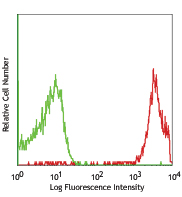
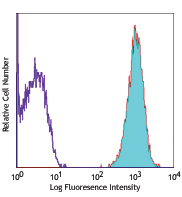
Compare Data Across All Formats
This data display is provided for general comparisons between formats.
Your actual data may vary due to variations in samples, target cells, instruments and their settings, staining conditions, and other factors.
If you need assistance with selecting the best format contact our expert technical support team.
-
Purified anti-mouse H-2
-
PE anti-mouse H-2
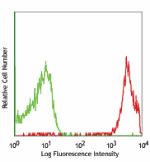
C57BL/6 splenocytes stained with M1/42 PE -
FITC anti-mouse H-2
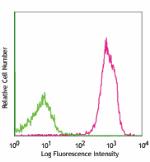
C57BL/6 splenocytes stained with M1/42 FITC
 Login / Register
Login / Register 









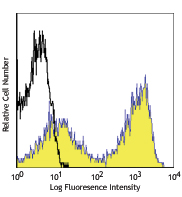
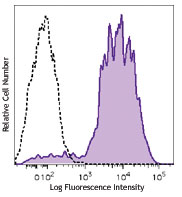



Follow Us